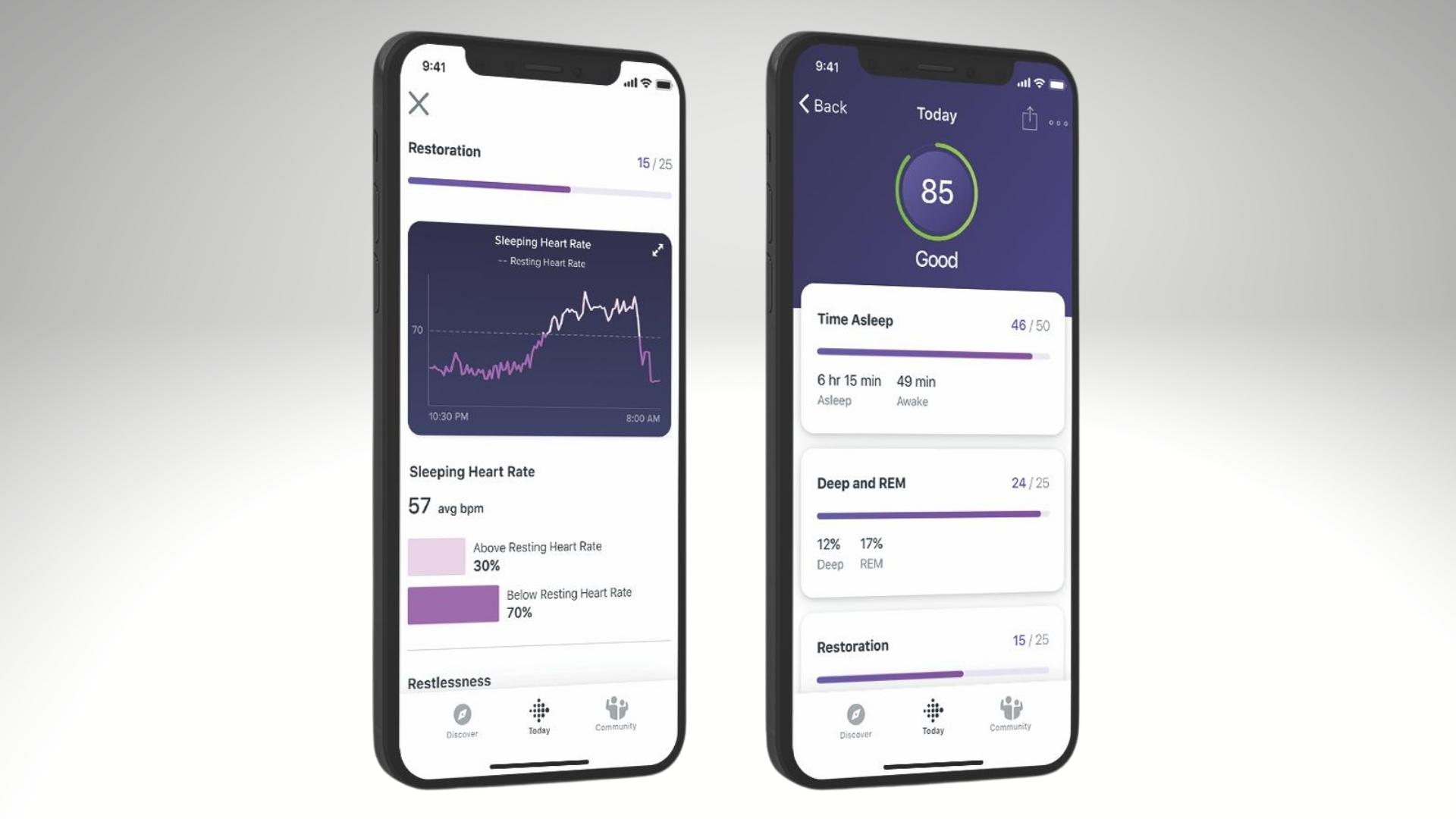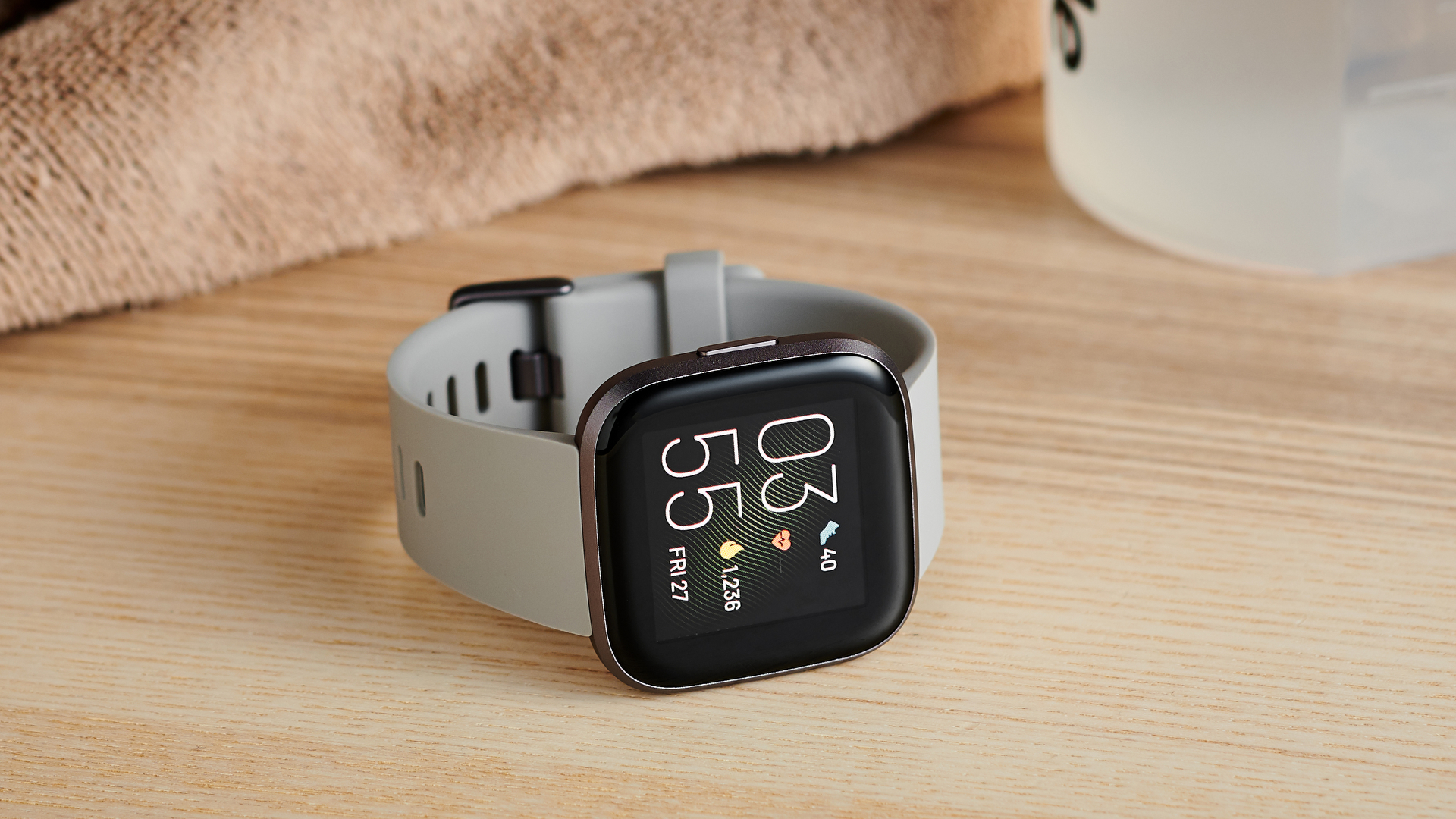Fitbit gives away some of its best Premium features for free – and it's about time
Fitbit is removing the Premium paywall on your historical data

Sign up for breaking news, reviews, opinion, top tech deals, and more.
You are now subscribed
Your newsletter sign-up was successful
Fitbit has announced that it's going to give some of the data locked behind its Fitbit Premium subscription away, for free, to all users. This includes historical data such as readings of your resting heart rate, skin temperature, and more over the last 90 days, so you can better identify trends in your health and fitness.
The data is all available in Fitbit’s Health Metrics dashboard, and includes breathing rate (number of breaths per minute), skin temperature readings (these are taken while you sleep to ensure your Daily Readiness score is more accurate), heart rate variability (the time between heartbeats, and how it varies), oxygen saturation, or SpO2, and your resting heart rate. You can see all this data over your last 90 days of using your Fitbit of choice.
Previously, even users of the best Fitbits had to subscribe to Fitbit Premium to see this data, whereas users of the best Apple watches, Samsung watches and Garmin fitness trackers could access similar datasets for free. This move brings Fitbit more in line with its competitors, and is good news for new joiners.
However, people who already pay for Fitbit Premium have just been given one more reason to cancel the service. As Fitbit has made this data available to all, the pool of exclusive features that a Premium subscription gets you has effectively shrunk. We can expect some dissatisfied Premium users to unsubscribe, and go back to using their Fitbit’s free features.
Without a Premium subscription, the Fitbit app is still perfectly usable, offering you detailed workout information, step and calorie counts, analysis of sleep stages (light, deep, and REM), and a sleep score, among other information. The Premium subscription goes deeper, aggregating your sleep and workout history into a Daily Readiness score. It also offers meditation exercises, workout videos, recipes, a monthly wellness report, and more detailed graphs of your 90-day historical data.

Analysis: too little, too late?
It’s no secret that Fitbit’s had a lot of bad press over the last year. Google was keen to snap up Fitbit and integrate the best bits of the platform into its Pixel Watch, but doesn’t seem to know what to do with the rest of the Fitbit line. It’s retroactively changing and removing features such as offline music, Group Challenges and more, gutting a lot of what made Fitbit great in the first place. With a lackluster device launch in September 2022, Fitbit as a brand has been floundering.
This latest announcement is the first positive news we’ve seen in a while, with Fitbit actually adding features rather than removing them. People who aren’t subscribed to Fitbit Premium have more reasons to stick with Fitbit rather than move to a competitor, as all their historical data can now be accessed for free.
Sign up for breaking news, reviews, opinion, top tech deals, and more.
Newcomers are more likely to pick up a device with more free stuff available on it, while the old hands not subscribed to Premium will welcome the chance to examine their last 90 days of data.
Despite this gesture of goodwill, however, Fitbit hasn’t really solved the problem it made for itself. Removing offline music, third-party apps and crippling the global Fitbit community by axing Groups and Challenges has made a lot of users very angry, and you only have to check out the official Fitbit Twitter account’s tweets and replies to see that anger among its user base.
So basically on March 27 you guys are nurfing so many of the apps features to get people to switch to pixel watches... 😒March 6, 2023
This new development might encourage a few people to pick up a Fitbit Inspire 3, but I don’t think handing out a bit more data will be enough to stop irate Fitbit users jumping ship.

Matt is TechRadar's expert on all things fitness, wellness and wearable tech.
A former staffer at Men's Health, he holds a Master's Degree in journalism from Cardiff and has written for brands like Runner's World, Women's Health, Men's Fitness, LiveScience and Fit&Well on everything fitness tech, exercise, nutrition and mental wellbeing.
Matt's a keen runner, ex-kickboxer, not averse to the odd yoga flow, and insists everyone should stretch every morning. When he’s not training or writing about health and fitness, he can be found reading doorstop-thick fantasy books with lots of fictional maps in them.